Rutherford Cross recently held an event in partnership with the Chartered Institute of Internal Auditors and its WIIA Committee to further understand the experiences of women working in internal audit.
Our guest speakers included Jo Brown, Partner at Grant Thornton, Jennifer Donnelly, Group Head of Internal Audit at Baxters, and Lesley Newdall, Chief Internal Auditor at The City of Edinburgh Council.
Before the session started, we put two questions to our audience as outlined below.
In your careers, have you ever faced challenges as a result of being a female? Or if you are a man, have you witnessed women facing challenges as a result of gender?
Results were – 67% yes, 33% no.
Do you have leadership aspirations?
Results were 95% yes, 5 % undecided
Following our audience poll, the virtual session featured a Q&A with our guests, looking at their careers and experiences as women working in Internal Audit, which we have summarised below.
What defining career moments have there been for you so far and what career advice would you give yourself when you were younger if you could?
Jo specified that although becoming partner was a career milestone, in actual fact some less obvious achievements had meant more such as watching senior team members develop, learning from working alongside high profile public sector leaders. She stated that she would encourage her younger self not to over-analyse situations and have more confidence in what she can do.
Jennifer had a similar experience, stating that there was not one ‘big’ experience that had defined her career, but that certain developmental actions, such as challenging senior management had all given her belief in her abilities.
Lesley found that the move into public sector fulfilled her purpose as to why she decided to specialise in Internal Audit, as she has developed more and faced more challenges. She would advise her younger self not to stay too long in one place and embrace challenging and different roles.
How would your colleagues describe you and does this differ from words they might use if you were a male in your opinion?
Jo felt that similar traits could sometimes be described differently in women than in men. Her colleagues would describe her as normal, sensible, approachable, and flexible, but a male partner as direct, assertive, strong, and resilient. She felt that in women, business acumen is often overlooked and instead they are encouraged to focus on culture and team development. She believes that women should challenge these assumptions demonstrating the wider skill sets we have.
Jennifer felt that how she would be described would depend on the colleague and day, but would likely be that she has integrity, is approachable, and has a sense of humour. She felt that on occasion she had been described as too assertive just because she could speak her mind and have a challenging conversation. The same issue wasn’t raised with a male colleague even though he communicated in same manner.
From a work perspective, Lesley thought colleagues would describe her as open, honest, and transparent. She always supports her colleagues, and is appropriately flexible in supporting the organisation from IA perspective, but she knows when to stand strong to maintain her IA independence. She also raised the issue of the importance of coaching male team members to develop their softer skills in relation to employee wellbeing where they have people management responsibilities – especially during Covid.
How do you balance work and life responsibilities?
Like many people, Jo has found it difficult to balance work and family life, particularly in the last year, with two young children, however she believes that everyone creates their own balance, being clear and honest about parameters. Working in this environment, you can do your job at whatever time. Lockdown has made it more acceptable to work a different working pattern in this environment and to put family first.
Jennifer emphasised the importance of being clear about boundaries and always giving herself time away from work unless a hardcore deadline is approaching. She is a musician which helps her mental wellbeing also. She is very clear with the people in her team not to work overtime all the time.
Lesley said she had found this difficult during the pandemic as she has been caring for her mother who is usually independent, and this has made hitting deadlines difficult. However she has saved a commute of three hours a day, and used the time productively!
Do you believe that women in IA have a hard time getting promoted?
Jo, Jennifer and Lesley all felt that they personally hadn’t experienced challenges being promoted within IA, but that it could depend on the organisation and environment.
Each of the guests encouraged anyone feeling overlooked for promotion to take feedback, demonstrate skills and confidence, and to keep trying. The challenge lies in the confidence to put yourself forward – apply for that bigger role! If not successful, try again and demonstrate that you took on the feedback and advice given.
As a female leader – what has been the most significant barrier in your career?
Jo felt that the most significant barrier had been herself, relating to confidence levels and building resilience. As a trainee, she experienced a very male environment, and felt that she should become more like the men in the team, but this didn’t reflect her own style. She also discussed the issue of the assumptions that were made around her appetite for promotion following her maternity leave periods. She stressed the importance of open conversations with returning mums, around where their interests lie and they personally want from their career.
Jennifer felt that unconscious biases could be a significant barrier, with colleagues questioning her ability and competence in male-oriented environments. She stated the importance of always challenging back if you feel you have been unfairly challenged or discriminated against.
Lesley felt that again she had been a barrier in her own career, staying too long with one organisation. She emphasised the importance of not feeling afraid to let your personality shine through and to challenge yourself.
Within Internal Audit, independence is absolutely crucial but can often be challenged when commercial objectives are at stake. Have you ever had your independence challenged, purely on the basis that you are a female leader?
Jo, Jennifer and Lesley have all had their independence challenged in the past, but not necessarily purely because they were female. Due to the nature of the IA role, you need to be resilient enough to have difficult conversations and get your point across and that sometimes if you are female, a male colleague may expect you to back down more easily.
As a female leader in Internal Audit do you feel there have been greater obstacles for you to face to achieve the position you are in and if so, how did you overcome these?
Jo spoke of her trainee experience as being vary male dominated, and noted that although this is changing, the pace of change needs to increase. She described a situation when facing a client as part of a pitch team as the senior person, but the client assuming she was the most junior. She also discussed the points in her career where she has found it difficult to be the only female voice.
Jennifer hasn’t particularly experienced career obstacles, but has been put in uncomfortable and unnecessary situations which required a lot of courage to address in order that no one would have to deal with it in the future.
Lesley discussed her experience of being on Boards where the only conversation was about rounds of golf! However, she felt that her main obstacle had been trying to move between sectors. Moving from FS to Public Sector required her to really sell the concept that IA is a methodology and explain the need to understand risk and control and ensure there is adequate assurance in place.
At this point, we asked our audience if they felt that companies or leaders are doing enough to address gender inequality?
The response was 63% No, 37% Yes
With there being a greater focus now on ensuring greater gender balance in leadership roles do you feel enough is being done by businesses to ensure females are able to access these roles and if not, where do you think they can improve?
Jo believes that awareness in professional services has increased and there is now recognition we do need to be diverse to ensure better decision making. However, at a senior level there is still a gender gap. She believes there is a need for continued change in the tone from the top, and that you shouldn’t be afraid to push back if meeting times don’t work and you are in the middle of feeding the kids!
Jennifer pointed out that we need right people in the right roles. From an IA stand point, we, as women need to want to do it and we must have the confidence and self-belief that we can do it.
Lesley feels that it is not a major issue in the public sector as there are many strong women in leadership roles. However, she thinks the pace of dealing with all these inequities has been and is far too slow. The question is, many teams have longer term staff, especially females, who are underpaid because of historical issues? Often this is addressed slowly, leaving the staff concerned with a permanent disadvantage in their pensions
For aspirant Female Heads of IA who might feel daunted at the prospect of going for a promotion/leadership role, what advice would you give them?
Jo, Jennifer and Lesley all agreed:
- Have self-belief and have the confidence to succeed
- Do not be afraid of trying as there is always a learning opportunity to be had
- If you felt promotion was not possible within an organisation after several attempts, try somewhere else
- Work with a mentor to support your overall development.
For information on this or any other Rutherford Cross events contact [email protected].







